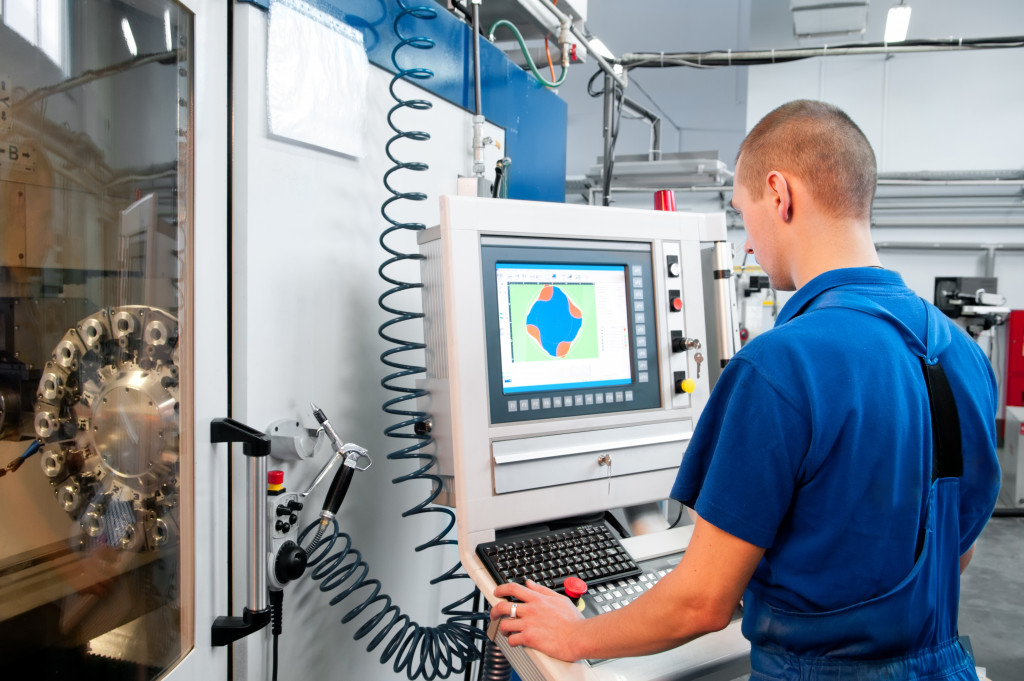- Smart Machine Automation is revolutionizing the manufacturing industry by optimizing production processes, increasing productivity and accuracy, and reducing costs.
- Automated inspection and quality control ensure consistent product quality and reduce labor costs.
- Artificial Intelligence plays a vital role in automated manufacturing, allowing for unprecedented control over production processes and increased accuracy.
- Automation in manufacturing offers a range of advantages, such as increased productivity and more flexible production processes.
- Smart machines are enabling businesses to drive innovation by providing a more efficient way of producing goods.
It has been a long way since the Industrial Revolution—machines have evolved from being just tools to becoming highly advanced. These automated systems enable us to achieve greater business efficiency and productivity.
Smart machines are helping to drive innovation, allowing businesses to minimize costs and become more competitive by delivering improved customer experiences, better services, products, and new capabilities.
But what does automation mean for organizations? This article will take an in-depth look at how automation is changing how companies operate today so you can determine if your organization is ready for the potential disruption ahead.
What is Smart Machine Automation and Its Benefits for Manufacturing
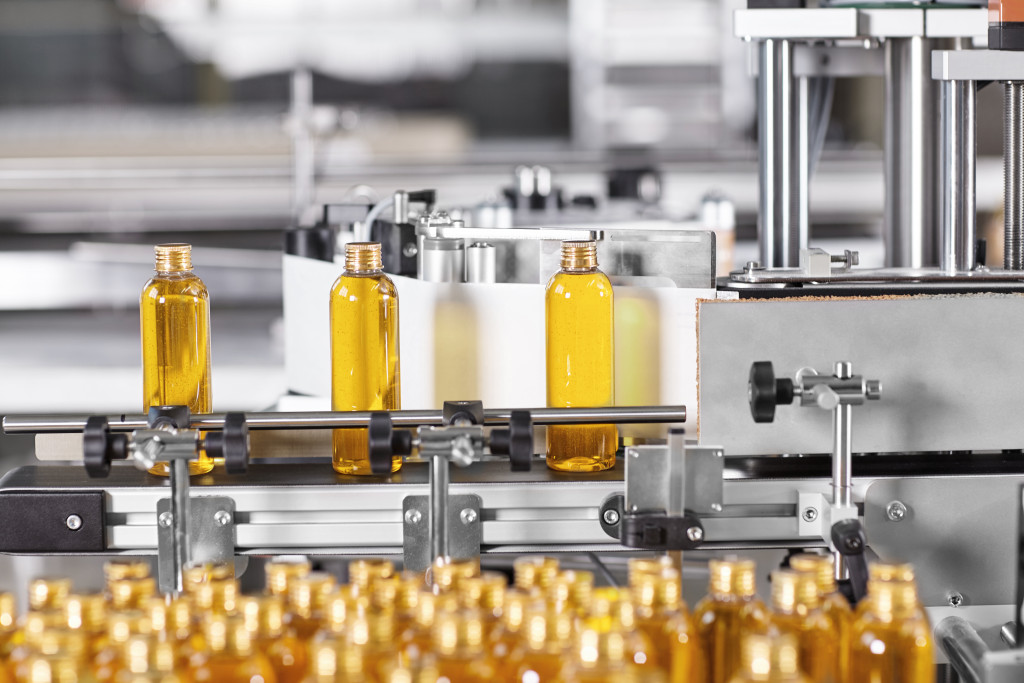
Smart Machine Automation is an emerging technology that has revolutionized the manufacturing industry. It goes beyond traditional automation, enabling manufacturers to strategize their processes to optimize and increase productivity while reducing costs. Smart Machine
Automation can monitor production and supply chain activities, detect problems and anticipate change before they occur. Thanks to its ability to integrate with the Internet of Things (IoT), it can collect data from remote systems quickly and accurately, meaning fewer human interventions are needed, and human errors are eliminated.
Doing this not only helps maintain accuracy but also helps keep humans safe from dangerous environments. Ultimately, utilizing Smart Machine Automation yields greater efficiency while raising competitive advantage in production lines worldwide.
How Automation Is Streamlining Production Processes
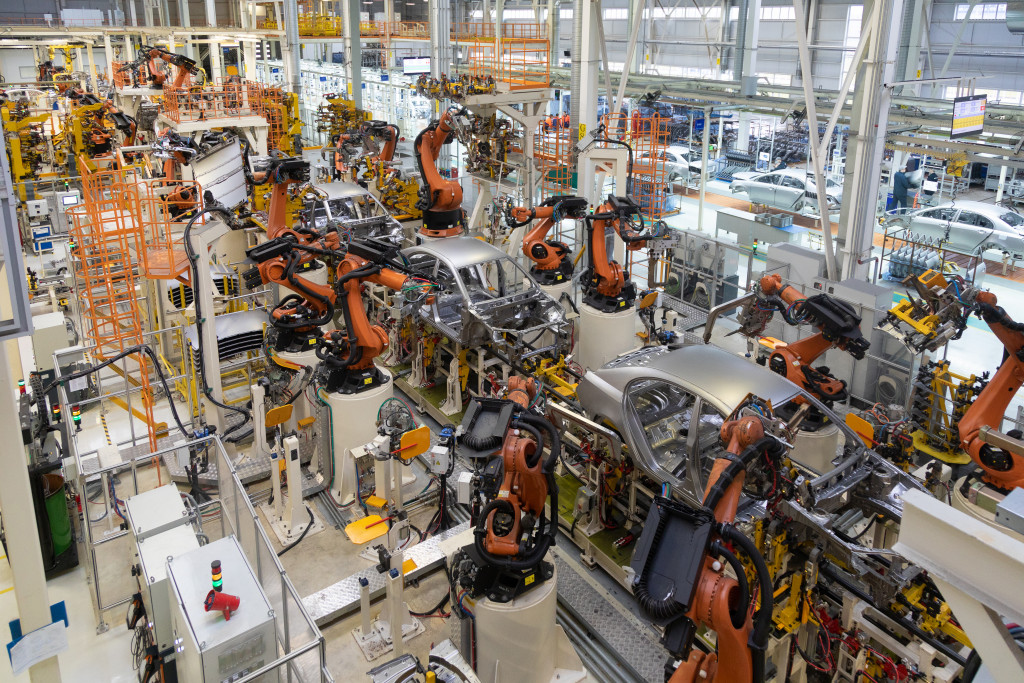
Automation is changing the production processes’ landscape and revolutionizing how companies manufacture goods. Automated equipment, such as automatic cup-filling machines, allows companies to execute complicated tasks with high accuracy and precision quickly. This decreases labor costs and increases production speed enormously, resulting in shorter timelines for product completion.
In addition, the automatic cup fillers can be programmed to adjust their settings depending on the type of material being processed. As we move into a more automated future, it is exciting how companies embrace new technologies to create more efficient production processes.
The Role of Artificial Intelligence in Automated Manufacturing
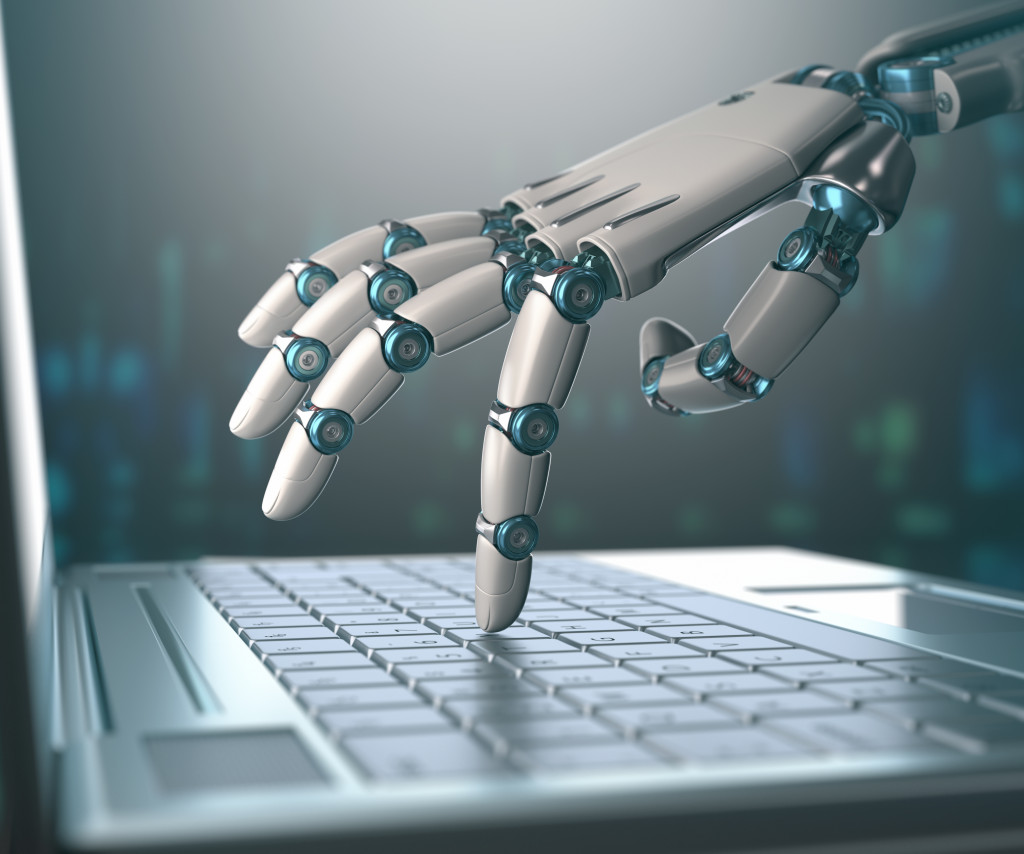
The role of Artificial Intelligence (AI) in automated manufacturing has transformed traditional approaches to manufacturing. AI advancements have allowed unprecedented control over the production process while increasing accuracy and efficiency. With AI, companies can better identify mistakes early on and improve the quality of their product offerings.
Moreover, AI can help reduce costs in terms of labor and overhead by streamlining processes, eliminating redundancies, and automating inventory management. Ultimately, this technology has enabled manufacturers to produce finer goods faster than ever at a much more competitive cost—making them an integral part of current-day production scenarios.
Driving Innovation: The Advantages of Automation in Manufacturing
Automation in manufacturing has become increasingly popular recently and here are some of its advantages:
Increased productivity and efficiency
Automation in manufacturing has the potential to significantly increase productivity and efficiency by reducing downtime and optimizing processes. With smart machines taking care of repetitive or physically demanding tasks, human workers can focus on more complex or creative work, leading to higher output and faster turnaround times.
Improved quality control and consistency
Smart machines are highly accurate and reliable, which helps to ensure consistent quality control in manufacturing processes. Automation can reduce errors and variability caused by human error, leading to higher-quality products that meet or exceed customer expectations.
Reduced labor costs and improved worker safety
Automation can help reduce the need for manual labor, leading to cost savings for businesses. Additionally, with smart machines handling dangerous or repetitive tasks, there is a lower risk of workplace injuries and improved worker safety.
Enables more flexible production processes
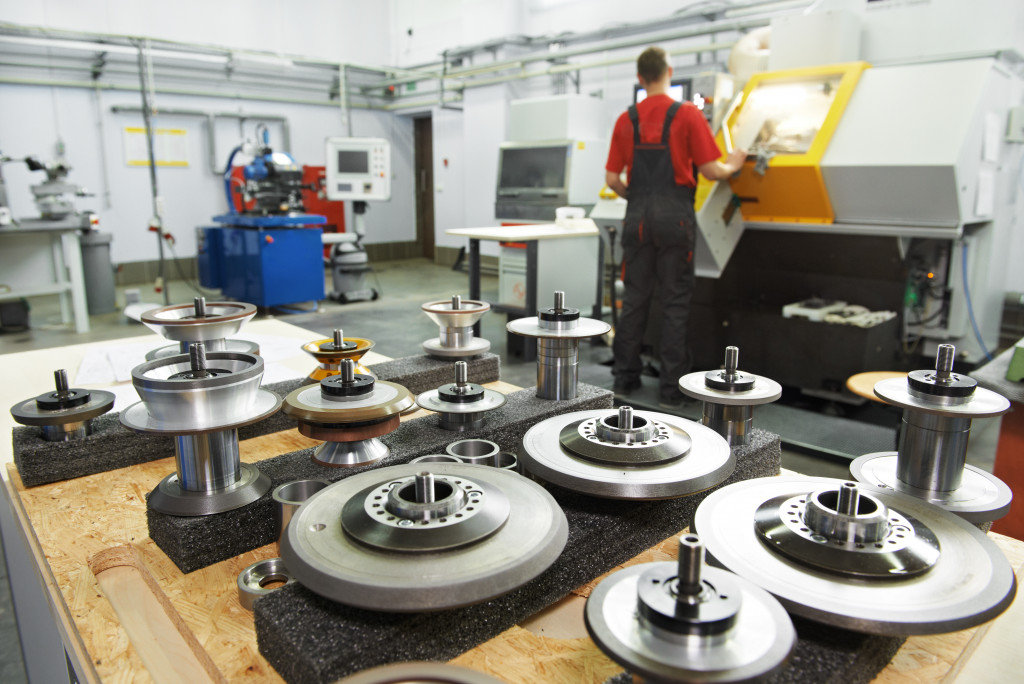
With smart machines, manufacturers can quickly and easily adjust production processes to accommodate changes in demand or production requirements. This flexibility allows for more agile and responsive manufacturing, which can ultimately help businesses to remain competitive in a rapidly changing market.
All these advantages of automation clearly demonstrate why driving innovation through automation in manufacturing could bring about wide-ranging benefits for businesses.
In conclusion, Smart Machine Automation is revolutionizing the manufacturing industry, helping streamline entire production processes and increase the efficiency and accuracy of 90% of all tasks in the plant. A wide variety of benefits come with incorporating Smart Machines into your production line, including reduced labor costs, improved quality control and automation accuracy, enhanced flexibility for custom orders, and more.
While these machines present specific challenges, notably related to maintenance costs— these modern businesses must also embrace this new technology to break from their competitors. Business owners should actively stay informed about advancements in automation technologies in preparation for this imminent shift in industry workflows.

